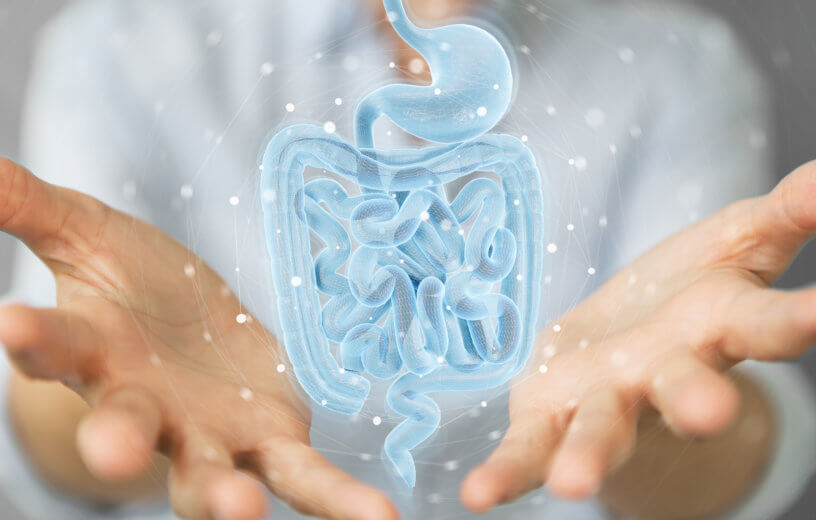ATLANTA, Ga. — A common food additive, carboxymethylcellulose, which manufacturers put in processed foods alters the healthy balance of gut bacteria in humans, a new study warns. An international team finds that the long-term impact of consuming this chemical may include developing chronic inflammation, metabolic syndrome, and even colon cancer.
Carboxymethylcellulose (CMC) is a synthetic member of the food additive family which scientists call emulsifiers. Food producers add these to many processed foods to enhance their textures and also prolong their shelf life. Although manufacturers have been adding CMC to food since the 1960s, the team says there have been few tests on how the additive directly affects humans.
The long-held assumption has been that CMC is safe to eat because it passes through the human body, exiting through a person’s feces. However, more recent studies are revealing how important the balance of gut bacteria is to human health. Researchers now believe non-absorbed additives interact with the countless healthy strains of bacteria which live in the colon, causing them to rethink how harmful CMC really is.
In studies using mice, scientists found that several emulsifiers (including CMC) altered the animals’ gut bacteria — leading to a wide range of severe conditions. These included colitis, metabolic syndrome, and colon cancer.
The new report examined how this translates to human health, using a group of healthy volunteers in a randomized controlled-feeding study. Participants living at the testing site for two weeks consumed either an additive-free diet or an identical diet supplemented with CMC. Since the drastic damage emulsifiers cause in mice would take years to show up in humans, study authors focused on the balance of intestinal bacteria and metabolites in these participants.
CMC depletes the body of healthy bacteria
Results show consuming CMC changed the makeup of bacteria in the colon, reducing the number of certain varieties which contribute to human health. They also found that feces samples from participants eating CMC had significantly fewer metabolites which maintain colon health.
In a final analysis, researchers compared colonoscopies from before and after the experiment. They found that volunteers consuming CMC had more gut bacteria approaching the mucus in their stomachs. This is a key warning sign of inflammatory bowel diseases and type 2 diabetes.
“It certainly disproves the ‘it just passes through’ argument used to justify the lack of clinical study on additives,” says Georgia State University’s Dr. Andrew Gewirtz in a media release.
Co-senior author Dr. James Lewis from the University of Pennsylvania adds that the study “provides a general blueprint to carefully test individual food additives in humans in a well-controlled manner.”
“Our results suggest that responses to CMC and likely other food additives are highly personalized and we are now designing approaches to predict which individuals might be sensitive to specific additives,” concludes lead author Dr. Benoit Chassaing from the National Institute of Health and Medical Research (INSERM) in France.
The study is published in the journal Gastroenterology.

Of course. I doubt it’s made from cotton or wood pulp anymore. Especially when corn is so cheap. Corn derivatives are the sole cause of autoimmune disorders nowadays. And no long term testing has ever been done before giving to humans. 70% of the worlds corn is gm. When will people understand that’s not good for human dna.
Another thing that kills your gut bacteria, that most people are unaware of, is food preservatives.
Preservatives are designed to prevent food from spoiling, and that can only be done by inhibiting bacterial growth.
Two other things emulsifiers are in, are mayonnaise and ice cream. Who would have thought mayonnaise could essentially be the initial cause of a disease?. You can make homemade mayonnaise in a blender, it’s very easy and much healthier